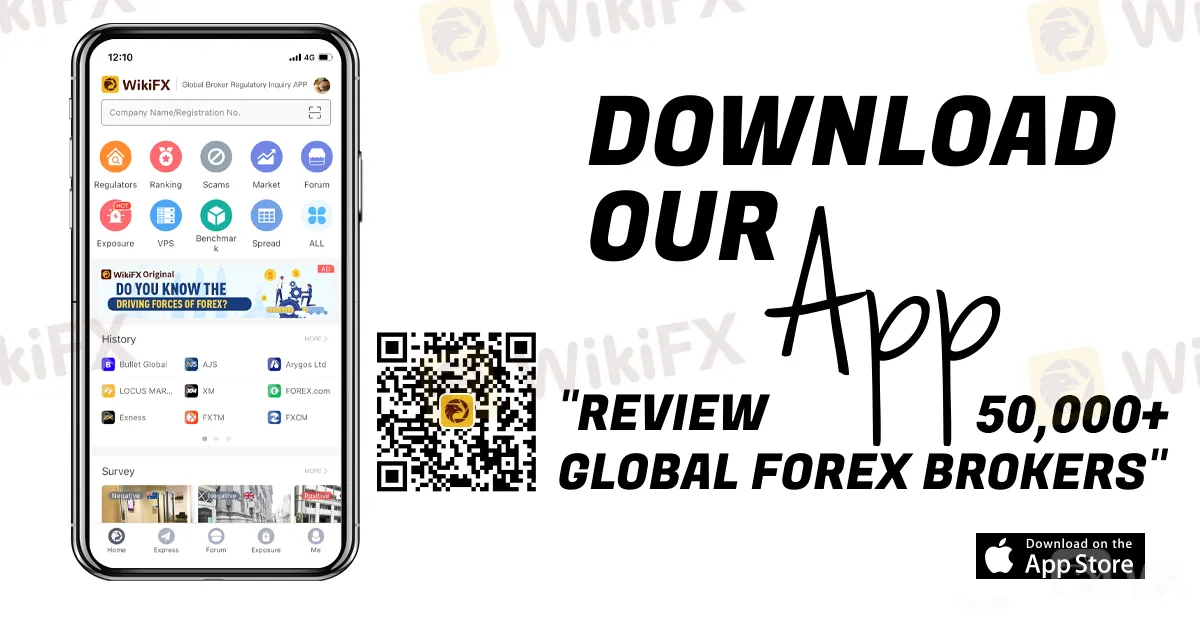UK FCA and BoE Release Papers on Stablecoin Regulation
Abstract:On November 6, both the Bank of England (BOE) and the Financial Conduct Authority (FCA) published discussion papers regarding the regulation of stablecoins. The BoE’s focus is on stablecoins denominated in sterling (GBP) because it considers these to be the most likely digital settlement assets to be used widely for payments.

On November 6, both the Bank of England (BOE) and the Financial Conduct Authority (FCA) published discussion papers regarding the regulation of stablecoins. The BoEs focus is on stablecoins denominated in sterling (GBP) because it considers these to be the most likely digital settlement assets to be used widely for payments.
The apex banks regulatory regime is meant for business models that focus on payment-related activities and innovation within payments. Retail use and proposed limits are other aspects touched by the regime, based on the consideration that unbacked crypto assets, or any other unbacked digital settlement assets, would not be suitable for widespread use in retail payments in the country.
“It follows the principle of ‘same risk, same regulatory outcome’. To the extent that systemic payment systems using stablecoins pose similar risks as other systemic payment systems, they should be subject to equivalent regulatory standards,” reads the discussion paper.
The focus of the FCAs regime is on addressing the risks of stablecoins claiming to maintain a stable value relative to a fiat currency by holding assets denominated in that currency. The regulation is for prudential and conduct purposes.
According to the FCA, the Treasury is working towards defining fiat-backed stablecoins in legislation, such it captures stablecoins seeking to maintain a stable value by reference to a fiat currency, and hold (in part or wholly) currency as ‘backing’.
Likewise, they want to modify payments legislation to facilitate retail payments for goods and services using fiat-backed stablecoins. “This includes an option the Treasury are exploring to allow certain stablecoins which are issued outside of the UK (overseas stablecoins) to be used for payments,” reads the paper.

Read more

Axi Review 2025: How to Open An Account & Withdraw Money ?
Launched in 2008, Axi (formerly Axitrader), is an Australia-registered online forex broker that has gained solid development these years. Globally and heavily regulated, the Axi brand has several entities operating under different jurisdictions, including ASIC in Australia, FCA in the UK, CYSEC in Cyprus, FMA in New Zealand, and DFSA in the United Arab Emirates. Axi gives investors the opportunity to enter some popular markets with small budgets, including Forex, Metals, Indices, Commodities, Cryptocurrency, particularly IPOs, using its advanced software—the Axi Trading platform (newly launched), Copy Trading App, MT4, MT4 Webtrader . With no cost during account setup, traders can choose from 3 tailored live accounts in addition to a demo account. Among many forex brokers, Axi stands out due to its user-friendly interface, which allows for quick and simple account opening and withdrawals.

Pepperstone Partners with Aston Martin Aramco F1 Team for 2025
Pepperstone joins Aston Martin Aramco F1 Team as Global Forex Partner, uniting innovation and excellence in trading and motorsport for 2025.

WikiFX Review: Why so many complaints against QUOTEX?
Recently, a broker called QUOTEX has become a trending topic in forex markets. WikiFX made a comprehension review to help you better understand this broker. We will analyze the reliability of this broker from specific information, regulation, exposure, and etc. Let’s get into it.

B2Core 17 Launches with DXTrade Integration and Enhanced Tools
B2Broker unveils B2Core 17, featuring DXTrade integration, one-click trading, improved security, and streamlined onboarding for Forex and crypto brokers.
WikiFX Broker
Latest News
Robinhood Halts Super Bowl Betting Contracts After CFTC Request
3-Day Online Scam Trap: Victims Lose $200K—Don't Be Next!
Japan's January PMI has been released, investors need to pay attention to these points!
Investment Scam on Telegram: How a Woman Lost Over RM65,000
Spotting Red Flags: The Ultimate Guide to Dodging WhatsApp & Telegram Stock Scams
WikiFX Review: Why so many complaints against QUOTEX?
Trans X Markets: Licensed Broker or a Scam?
Carmaker Kia becomes latest global firm to face tax trouble in India
Judge halts Trump\s government worker buyout plan: US media
Why Do Countries Buy Gold and What Impact Does It Have on Gold Prices?
Rate Calc

